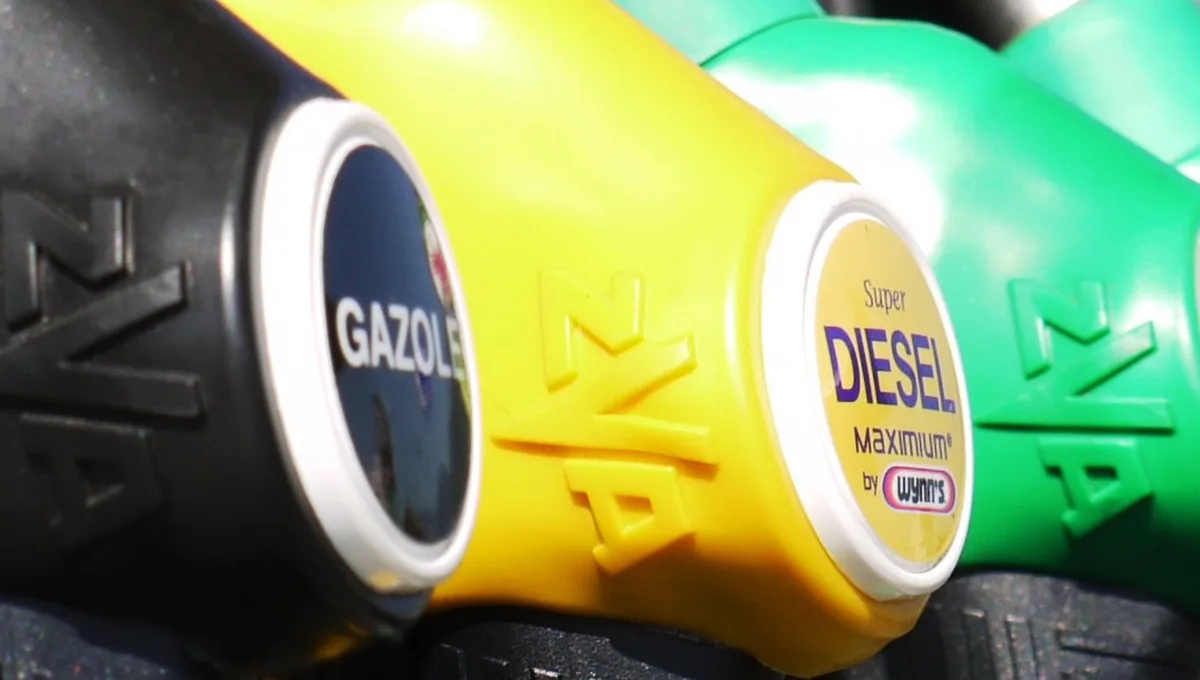Pros and cons of a diesel car
Introduction:
Diesel cars have been popular in Europe for decades and have become more well-liked recently in various regions of the world. Diesel engines are known for their high fuel efficiency, torque, and durability. These engines, however, have their own set of advantages and disadvantages into account before making a purchasing decision, just like any other engine. We will discuss the pros and cons of owning a diesel car.
What are the Pros and cons of a diesel car?
Pros of Owning a Diesel Car:
1. Fuel Efficiency: One of the advantages of diesel engines is their high fuel efficiency. Diesel fuel has a higher energy density than gasoline and contains more energy per gallon. This results in diesel engines’ ability to succeed with better fuel economy and miles per gallon compared to gasoline engines of similar size and performance. The higher fuel efficiency of diesel engines means they can save money on fuel costs over the long term, which can be a significant benefit.
2. Torque: Diesel engines also produce more torque than gasoline engines of similar size. Torque is the rotational force created by the engine and is what provides power to the wheels. The higher torque output of diesel engines means they can tow heavier loads and perform better in mountainous terrain, making them a popular choice for truckers and RVers.
3. Durability: Diesel engines are known for their durability and longevity. They are at a higher compression ratio, which can result in less wear and tear on the engine components. Additionally, diesel fuel has a higher lubricating property than gasoline, which can help reduce wear and extend the engine’s life.
VISIT THE HOMEPAGE FOR THE LATEST UPDATES
4. Resale Value: Diesel cars have a higher resale value than their fuel equivalents. It is due to their reputation for reliability, fuel efficiency, and longevity, which makes them a more attractive option to used car buyers. The higher resale value of diesel cars means owners can recoup a high portion of their initial investment when they sell their auto.
5. Performance: Diesel engines provide good performance and acceleration, especially at lower speeds. It makes them well-suited for urban driving, where most of the driving is at a slower level. The high torque output of diesel engines can provide strong acceleration and good performance when merging onto highways or passing other vehicles.
Cons of Owning a Diesel Car:
1. Cost: Diesel cars are generally more expensive to purchase compared to their gasoline counterparts. The higher price of diesel cars is due to the high technology required to build diesel engines and the higher cost of diesel fuel to gasoline. Additionally, diesel cars often require more expensive maintenance and repairs, which can add to their overall cost of ownership.
2. Noise and Vibration: Diesel engines are known for producing more noise and vibration than gasoline engines. The different designs and operating characteristics of diesel motor result in more noticeable engine noise and vibration. The increased noise and vibration of diesel engines can be a drawback for some drivers, especially those who prioritize a quiet and smooth driving experience.
3. Emissions: Nitrogen oxide (NOx) emissions from diesel engines are known to be higher than those from gasoline engines. NOx is a pollutant that contributes to air pollution and can have health effects. The higher emissions of NOx from diesel engines have led to increased regulations and stricter emissions standards, which can make diesel cars more expensive to own and operate.
Pros and cons of a diesel car- FAQ
What is the biggest drawback of a diesel engine?
One of the disadvantages of using a diesel engine is the higher emissions of nitrogen oxides (NOx) compared to gasoline engines. NOx is a pollutant that contributes to air pollution and can have health effects. As a result, diesel engines have faced increased regulations and stricter emissions standards, which can make diesel cars more expensive to own and operate. It has led to a decline in the popularity of diesel engines, particularly in urban areas where air quality is a concern. Additionally, the higher emissions of NOx from diesel engines can also result in additional taxes or penalties in certain regions.
Are diesel vehicles good or bad?
Whether diesel vehicles are good or bad depends on various factors and can vary from person to person.
Diesel vehicles are known for their high fuel efficiency, torque, and durability. Diesel fuel’s higher energy density than gasoline allows diesel engines to operate more efficiently and get more miles per gallon. The higher torque output of diesel engines makes them well-suited for towing heavy loads and performing well in mountainous terrain.
READ MORE :
- All About Aston Martin Cars
- Audi e tron Review
- Bently Continental GT price in India
- BMW X1 Price in India
- Brezza 2022 Launch date in India
- Why Bugatti Is So Expensive?
- Best car dealers in Dubai
- Concorde Motors Kochi
- Honda Showroom Kochi
- Indus Motors Thevara
- KIA DEALERS IN PUNE
- Lamborgini Showroom in India
- Nippon Toyota Kalamassery
- Rolls Royce Showroom in India
- Sai Service Pathadipalam
- Top 10 Car Showrooms Kottayam,
- Top 5 Car Showrooms Trivandrum
- BREZZA 2022 vs TATA NEXON
- Citroen C3 price in India
- 2021 Chevrolet corvette vs Mustang Shelby GT50
- Is Mercedes-Benz better than BMW?
- EcoSport Price in Kerala
- Upcoming Ford cars in India –
- Alcazar
- Cars price in India
- Hyundai Creta
- i20 Price in Kerala on-road
- venue price in India
- KIA Carens price in India on road
- Carnival 2021 India
- KIA Cars on road price in India
- seltos price in Kerala
- Kia sonet price in Kerala
- Landrover Range rover Evoque review
- Mahindra Bolero Neo
